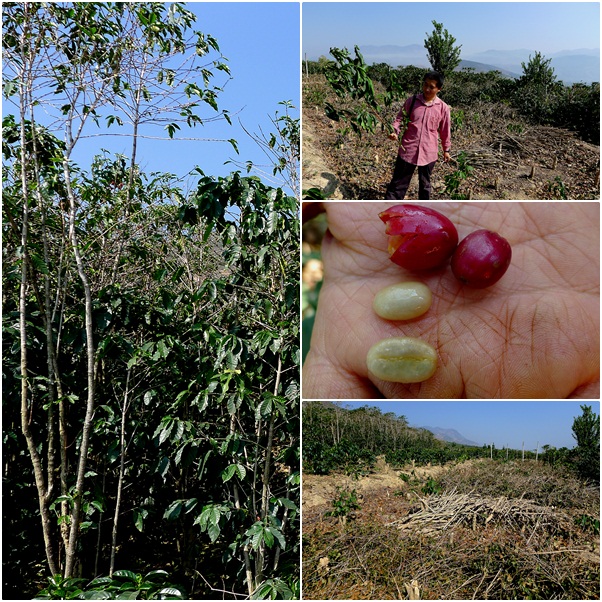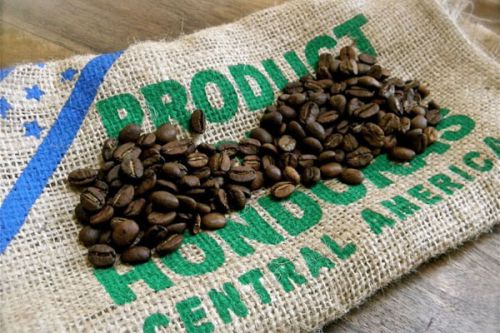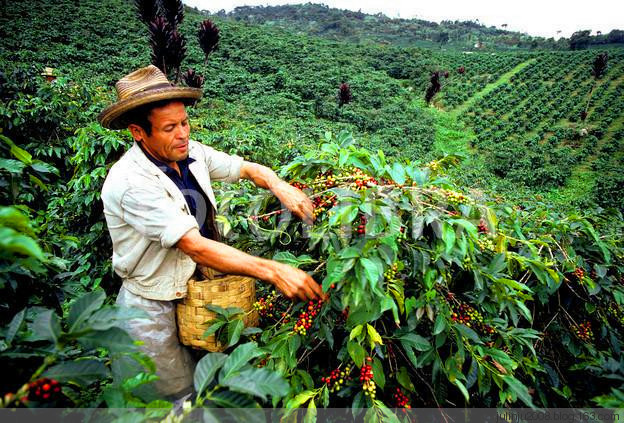Where do coffee shops usually buy coffee beans? Where can I buy cheap coffee or coffee beans?
If you prefer not to spend too much money, learning to choose coffee beans is the first and most important step. If you want to make a good cup of coffee, in addition to your own technology, the most important thing is how to select high-quality coffee beans and how to better preserve them.
Here, I would like to make a few suggestions: when buying coffee, it is best to buy coffee beans rather than ground coffee powder. although they are all the same in essence, the actual situation is that the ground coffee powder is very easy to oxidize and is not easy to be preserved, even if the coffee powder that seems to be preserved for a long time is actually added with a lot of preservatives. This will greatly affect the taste of the later brewed coffee, so if you want to make a good cup of coffee, the best and most correct thing to do is to grind the coffee on the spot before brewing it. Only in this way can you keep the coffee mellow and taste to the greatest extent. Ordinary coffee beans can be preserved for about a month or so, but if it is coffee powder, it should not exceed five days at most.
Country: Kenya
Grade: AA
Production area: Nyeri Central Dashan area
Altitude: 1600-2300 m
Soil quality: volcanic clay
Treatment: washing
Variety: SL28,SL34
Processing plant: Gatugi processing plant
Producer: small coffee farmers
Flavor: floral aroma, blackcurrant, cranberry
Kenya, located in East Africa, is one of the major coffee producing countries. More than 6 million people in the country are engaged in the coffee industry, mostly in the form of a combination of small farmers and cooperatives.
Coffee trees in Kenya are mostly planted at 1400-2000 meters above sea level, and the growing areas include Ruiri,Thika, Kirinyaga, Mt.KenyaWest, Nyeri, Kiambu and Muranga. Mainly in the foothills of Mt.Kenya and Aberdare.
There are many producing areas in Kenya that strive to preserve the native forest ecosystem, protect the natural gene pool, support the reproduction of wild coffee varieties and breed a variety of coffee trees.
In 1930, the unique Kenyan varieties SL28 and SL34, which were cultivated and named by the "ScottLaboratories" laboratory, were born in such a good environment.

Important Notice :
前街咖啡 FrontStreet Coffee has moved to new addredd:
FrontStreet Coffee Address: 315,Donghua East Road,GuangZhou
Tel:020 38364473
- Prev

Where can I buy coffee beans? how much is it per jin of water to wash the raw bean price of Ethiopia 90 + company coffee?
If you prefer not to spend too much money, learning to choose coffee beans is the first and most important step. If you want to make a good cup of coffee, in addition to your own technology, the most important thing is how to select high-quality coffee beans and how to better preserve them. Here, I would like to make a few suggestions. When buying coffee, it is best to buy coffee beans rather than ground them.
- Next

Where do cafes usually buy coffee beans? Panamanian Boquette boquete Rosa content 30% Qiu
If you prefer not to spend too much money, learning to choose coffee beans is the first and most important step. If you want to make a good cup of coffee, in addition to your own technology, the most important thing is how to select high-quality coffee beans and how to better preserve them. Here, I would like to make a few suggestions. When buying coffee, it is best to buy coffee beans rather than ground them.
Related
- Detailed explanation of Jadeite planting Land in Panamanian Jadeite Manor introduction to the grading system of Jadeite competitive bidding, Red bid, Green bid and Rose Summer
- Story of Coffee planting in Brenka region of Costa Rica Stonehenge Manor anaerobic heavy honey treatment of flavor mouth
- What's on the barrel of Blue Mountain Coffee beans?
- Can American coffee also pull flowers? How to use hot American style to pull out a good-looking pattern?
- Can you make a cold extract with coffee beans? What is the right proportion for cold-extracted coffee formula?
- Indonesian PWN Gold Mandrine Coffee Origin Features Flavor How to Chong? Mandolin coffee is American.
- A brief introduction to the flavor characteristics of Brazilian yellow bourbon coffee beans
- What is the effect of different water quality on the flavor of cold-extracted coffee? What kind of water is best for brewing coffee?
- Why do you think of Rose Summer whenever you mention Panamanian coffee?
- Introduction to the characteristics of authentic blue mountain coffee bean producing areas? What is the CIB Coffee Authority in Jamaica?

